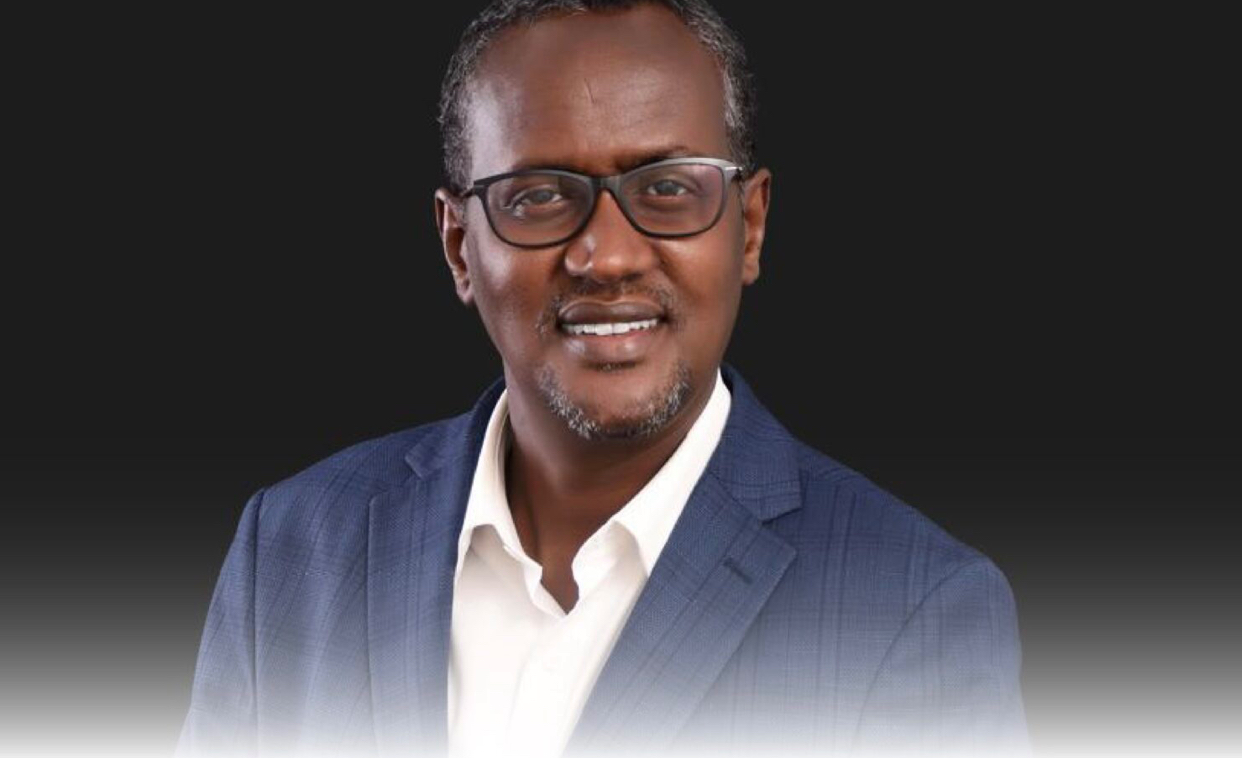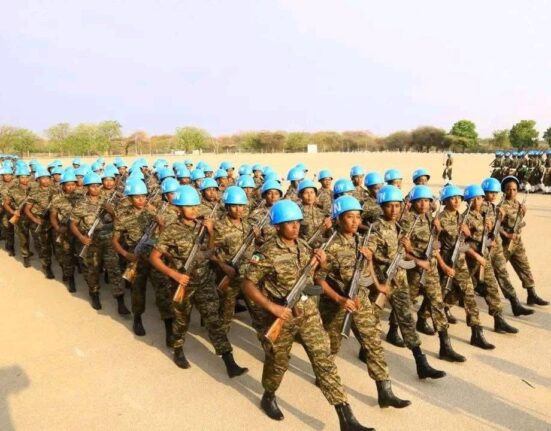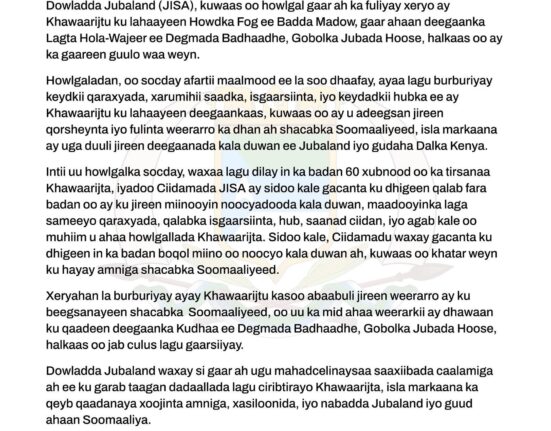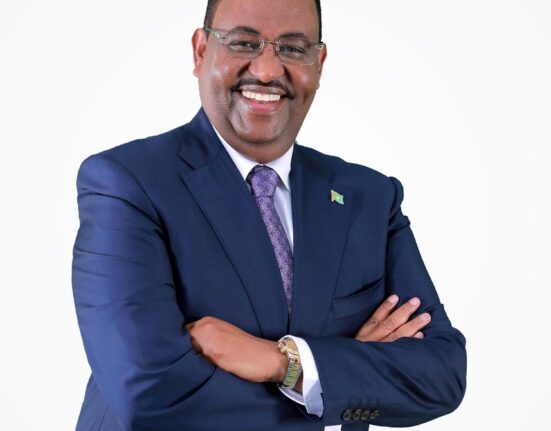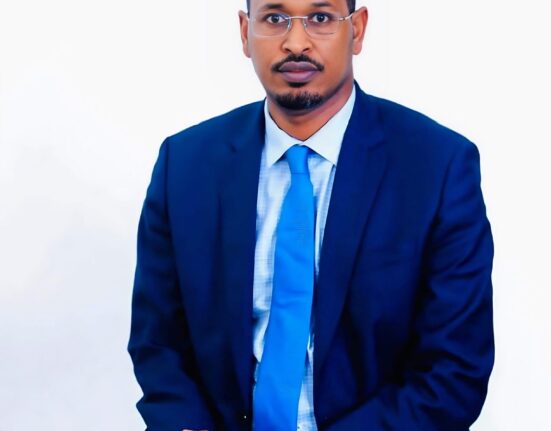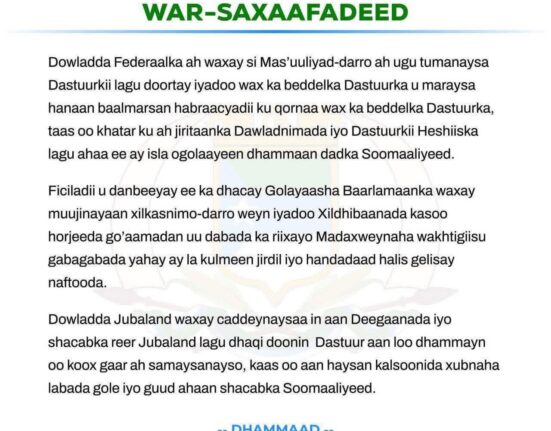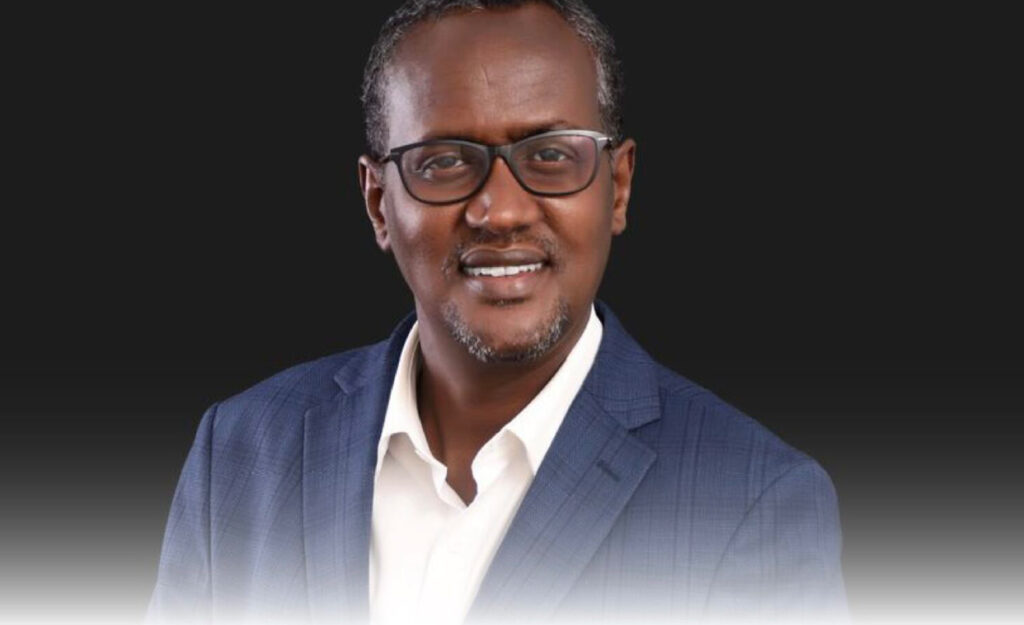
As Somalia’s election season approaches, the political landscape is once again shifting, bringing with it both hope and fears. The air is thick with anticipation, but also with a pervasive concern that the electoral process could be vulnerable to manipulation and undue influence. This sentiment is rooted in a deeply held belief that power often dictates outcomes, leading some political aspirants to resort to unethical practices like bribery and coercion to secure positions.
Under President Hassan Sheikh Mohamud’s administration, there have been notable, and in some respects, unexpectedly positive developments. The government has amended constitutional articles and established an independent National Electoral Commission. However, these steps have met strong opposition, particularly from the National Salvation Forum and leaders of certain Federal Member States (FMS) like Puntland and Jubbaland.
The federal government’s push for a modern, electronic voter registration system aims to enhance transparency and oversight. Yet, opposition parties and various groups have outright rejected this model, citing deep-seated mistrust in both the system and the technology itself.
Intriguingly, we are also observing a growing coming together between the Federal Government and the National Salvation Forum. Both entities strongly oppose a return to the indirect electoral model that characterized the 2021-2022 elections. Their primary concern is to prevent a scenario where the electoral process is once again dominated by FMS leaders, effectively pushing asidethe Federal Government and the opposition to mere observers.
Consequently, the National Salvation Forum is now actively seeking an agreement with the federal government to forge a new electoral system that significantly diminishes the influence of regional leaders. This issue is poised to be a major sticking point in upcoming negotiations, ironically presenting the federal government with an opportunity to potentially extend its mandate.
Federal Member States: A Pivotal Obstacle
The leaders of Somalia’s Federal Member States remain largely unified in their advocacy for a return to the previous indirect election processes, which afforded them substantial control over the selection of parliamentary representatives.
When examining the FMS leaders, two distinct groups emerge:
Group A (The Political Strategists):
These leaders view parliamentary seats as instrumental in achieving their political objectives. They are resolute in shaping any electoral agreement to ensure their decision-making power. Their core aims include defeating former rivals, removing perceived competitors, and installing loyalists who will not challenge their authority.
Group B (The Financially Motivated):
Unlike Group A, this group’s interest is primarily financial. They seek to convert as many votes as possible into monetary gains. Their singular financial pursuit inadvertently bolsters the power ambitions of Group A.
In the last elections, FMS leaders effectively controlled the process, partly by leveraging the influence of the opposition coalition, “Badbaado Qaran.” It remains uncertain whether the National Salvation Forum, now operating from Mogadishu, will permit regional leaders to exert the same level of control.
A new, albeit developing political actor on the national stage is the SSC-Khaatumo administration. Given its recent emergence, there is limited information to ascertain its precise role or approach in the upcoming elections. Its political trajectory will only become clear after the electoral process unfolds in its region.
Charting Somalia’s Electoral Future: Possibilities and Prerequisites
Predicting the nature of Somalia’s upcoming elections is feasible, largely due to the increasingly clear trends in its political processes.
The current government, under President Hassan Sheikh Mohamud, champions a “one person, one vote” system. However, several significant barriers make its full realization unlikely in the immediate future:
Independence of Electoral Commission: The National Electoral Commission, established by the government, is widely perceived as partisan and lacking true independence from the executive. Public trust in its impartiality remains low.
Opacity of Voting Technology: There is a critical lack of transparency regarding the voter registration equipment and voting devices, as well as the mechanisms for their control and administration. This opaqueness fuels public mistrust.
Time and Technical Constraints: Implementing a nationwide direct “one person, one vote” system within the remaining timeframe of the government’s term is logistically formidable. Building the necessary infrastructure and legacy systems in such a short period is impractical.
Despite these hurdles, the government’s “one person, one vote” ambition could succeed under specific conditions:
Establishment of a Truly Independent Electoral Commission: A new commission must be formed, demonstrably free from any affiliation with existing political actors, to foster widespread trust.
Transparency and Shared Access to Equipment: All stakeholders must have transparent access to and the ability to audit the voting equipment and systems, ensuring oversight of their governance before, during, and after the election.
Consensual Extension of Election Timeline: All political actors must agree to extend the electoral period to allow for the proper and comprehensive implementation of a direct voting system.
District-Level Voting with Clan Power–Sharing: Voting could be conducted at the district level, adhering to the 4.5 clan power-sharing formula, enabling citizens to vote for representatives within their home districts, provided these areas are secure and citizens can be reliably registered.
Should these conditions prove unattainable, the alternative would be a return to a reformed indirect electoral model. Crucially, such reforms must involve divesting the Federal Member State leaders of their current control over the election process and entrusting it to recognized traditional clan elders.
This shift is vital because, unlike regional presidents, traditional elders are accountable to customary laws and cultural norms. Their decisions are subject to community review and traditional legislative processes.
Some regional leaders oppose this transfer of power, baselessly arguing that it could allow individuals linked to extremist groups like Al-Shabaab to infiltrate parliament by securing clan endorsement. This argument, however, appears to be a pretext to retain power and lacks merit. Robust vetting processes, including comprehensive security screening, can effectively mitigate the risk, especially given Al-Shabaab’s documented presence in the country.
Conclusion
Elections are the bedrock of political stability. When conducted fairly and transparently, they foster trust, facilitate reconciliation, and imbue the elected government with legitimacy.
It is imperative that all political actors, whether in government or opposition, commit to preventing the electoral process from being captured by any single individual or entity again. To allow this to happen would be to further entrench division, exacerbate long-standing animosities, harden political stances, and ultimately erode public trust in the Somali state.
Mohamed Hassan Irro is the former Chairman of the Federal Election Implementation Team of Somalia (2020-2021) and the author of the book Referee of a Lawless Game. He can be reached at kayse25@gmail.com.


